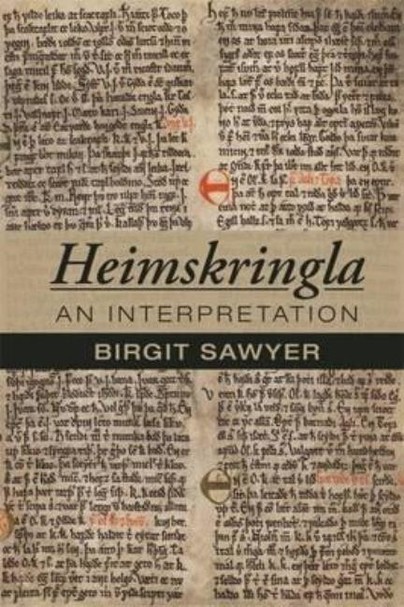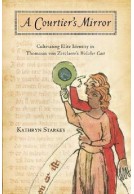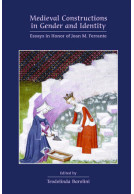Heimskringla: An Interpretation (Hardback)
Imprint: Medieval and Renaissance Texts Society
Pages: 178
ISBN: 9780866985383
Published: 31st May 2015
Script Academic & Professional
Pages: 178
ISBN: 9780866985383
Published: 31st May 2015
Script Academic & Professional
You'll be £6.80 closer to your next £10.00 credit when you purchase Heimskringla: An Interpretation. What's this?
+£4.99 UK Delivery or free UK delivery if order is over £40
(click here for international delivery rates)
Need a currency converter? Check XE.com for live rates
(click here for international delivery rates)
Need a currency converter? Check XE.com for live rates
After brief summaries of early Norwegian history, Snorri Sturluson's career, and previous studies of Heimskringla, the core of this book is a detailed and comprehensive analysis of the text. It is normally treated as a collection of sagas about Norwegian kings, but there is no evidence that Snorri planned such an arrangement. Indeed, in his preface Snorri described the book as an account of 'chieftains who had dominium in the North and were speakers of the Danish tongue, ' that is, not only kings but others 'of exalted lineage.' Some of these chieftains and their kin figure more prominently and are judged more favourably by Snorri than most kings. Moreover, most of the conflicts described by Snorri were not between individuals but involved their families and adherents, including women who often have important and active roles, and sometimes apparently express Snorri's own views.
The main conclusion of this study is that Snorri -- who was himself a chieftain (gooi) -- wrote Heimskringla during the reign of Hakon Hakonsson (1217-1263) to criticize the development of the central power of king and church at the expense of the traditional authority of chieftains. A comparison with Gesta Danorum by Snorri's Danish contemporary Saxo Grammaticus, shows that they were both masters of the art of ambiguity. The fact that a fine copy Heimskringla was made c. 1260 may imply that it contained much that was approved by King Hakon's opponents.
Customers who bought this title also bought...
Other titles in Medieval and Renaissance Texts Society...
















